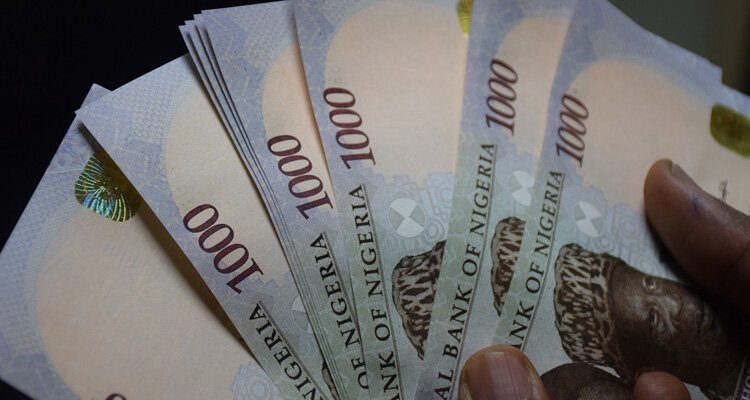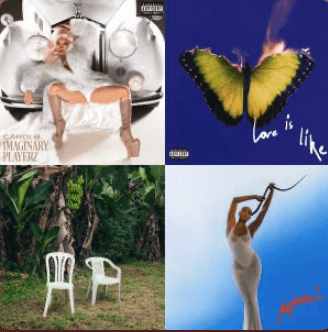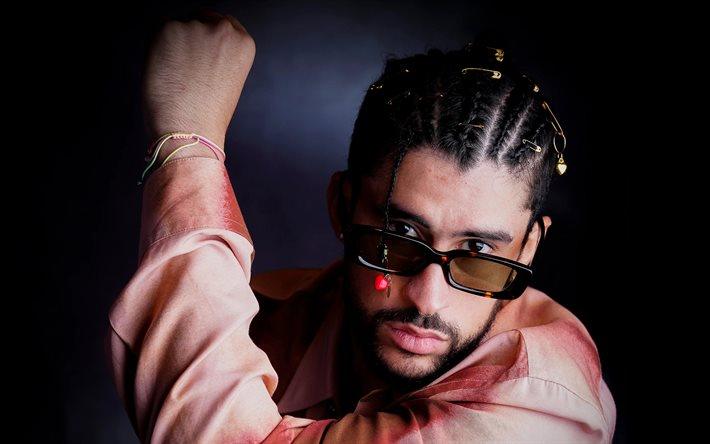By Nmesoma Okechukwu
- Nigeria has managed to pay off its $3.4B Covid-era loan and made its exit from the IMF debt list
- The country’s debt-to-service ratio has improved from 97% to 65%
Nigeria joins the list of countries not on the IMF’s debt list by paying back a whopping $3.4 billion to shutter the blow of the COVID-19 pandemic in 2020. The West African country has been wrought with a lot of economic instability and price inflation and the loan was meant to cushion the economic blow. President Tinubu made the decision to return Naira to a free-floating currency which led to the currency losing more than 60% of its value against the dollar.
Why This Matters: The prices of goods and services have been rising at a rate that many low income Nigerians can’t keep up with. For example, the cost of a bag of rice rose by 123% between 2023 and 2024. It has not been an easy feat and Nigerians had to tighten their belts to achieve this position. The president opted to remove fuel subsidy, thereby tripling the price of fuel in Nigeria. However, even amidst the financial upheaval, the government continued to promise Nigerians that economic stability and a stronger economic presence, not just in Africa but on a global level was at the forefront of their agenda.
This puts Nigeria ahead of many of its neighbors, like Ghana, Chad, and Benin. Even though paying off the debt is a step in the right direction and the debt-to-service ratio has improved from 97% to 65%, the majority of government income still goes to debt interest. This means that the government is still struggling to spend on things like infrastructure, education, or healthcare. Further, private lending flows to developing countries have declined 40% from a high of $252 billion in 2017 to $152 billion as of 2023 which means countries must compete more fiercely for funding and often pay higher interest rates to do so.
What’s Next: While Nigeria’s approach to its debt problem may have taken a toll on its people, there is hope as economic recovery is on the horizon. Nigeria can now position itself to attract a fairer share of the shrinking global lending pool. It also signals to international markets, investors, and development partners that it’s serious about economic reform and fiscal responsibility. The ball is now in its court to double down on revenue generation to avoid slipping back into crisis.
CBX Vibe: ‘My Dealer‘ Kaestyle, Omah Lay









